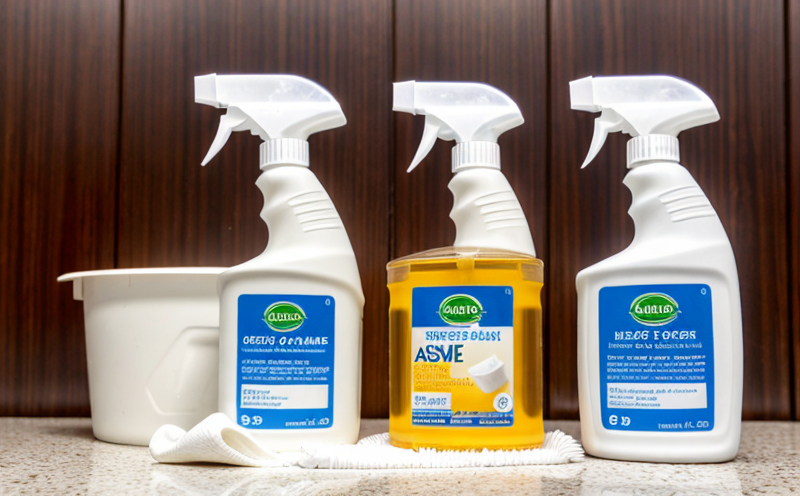GB T 26373 Hygiene Product Antibacterial Testing
The GB/T 26373 standard specifies methods for evaluating the antibacterial efficacy of hygiene products, which is critical in ensuring consumer safety and product effectiveness. This test measures the ability of a hygiene product to reduce bacterial contamination, thus preventing potential health risks.
Understanding the scope and methodology behind this testing is essential for quality managers and compliance officers who need to ensure their products meet regulatory requirements. The standard applies primarily to personal hygiene products like soaps, hand sanitizers, and disinfectants. It ensures that these products are effective in killing bacteria without compromising safety or usability.
The testing process involves exposing the product to a standardized bacterial culture under controlled conditions. After exposure, the bacterial count is measured before and after treatment with the hygiene product. A significant reduction in bacterial population indicates the product's antibacterial efficacy. This approach helps in validating claims made by manufacturers about their products' safety and effectiveness.
The standard also includes acceptance criteria that specify the acceptable levels of bacterial reduction required for a product to pass the test. Compliance with these criteria ensures that the hygiene product can be confidently used, knowing it meets stringent standards set forth by regulatory bodies.
Testing according to GB/T 26373 is not merely about compliance; it's also about ensuring public health and safety. In an era where antimicrobial resistance (AMR) is a growing concern, the importance of effective antibacterial products cannot be overstated. This test plays a crucial role in maintaining high hygiene standards across various industries that rely on such products.
The methodology used in this testing is based on established scientific principles and international best practices. It ensures consistency and reliability in results, which is vital for the trustworthiness of any claim made about a product's antibacterial properties.
For those involved in R&D or procurement, understanding the nuances of this test can lead to more informed decisions regarding new product development and supplier selection. By adhering to GB/T 26373, companies not only meet regulatory requirements but also enhance their brand reputation by demonstrating a commitment to consumer safety.
Industry Applications:
- Personal Care Products: Soaps, shampoos, and other products used in daily hygiene routines.
- Disinfectants: Chemicals designed for surface cleaning and germ reduction.
- Hand Sanitizers: Essential for use in public places like hospitals, schools, and office buildings.
Why Choose This Test:
- Ensures compliance with national standards.
- Promotes consumer trust by demonstrating product efficacy.
- Reduces the risk of bacterial contamination, enhancing public health.
- Supports sustainable development goals related to hygiene and sanitation.





